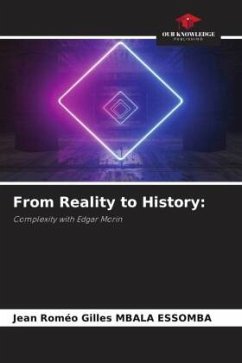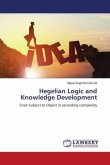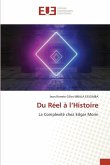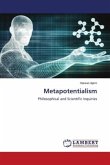It could be said that the watchword of classical rationality has been unity, over and above difference, diversity and complexity. From its earliest cosmological reflections, through to political thought (and, of course, anthropological reflections), there has been one thing, one substance, at the foundation of existential reality. In cosmology, for example, this rational unity has taken the name of Being, the prime mover, the One-All, and so on. In the study of the human being, this unity, this substance, has taken the name of Spirit, soul..., a notion that may or may not be independent of the extended thing, the body. In politics, it is called harmony, social pact, social contract, federation or state, depending on the era and the political allegiance of the leaders.It is this unitary, immutable and eternal noetic paradigm that Edgar Morin will challenge in all its complexity. His predecessors did no more than seek unity and substance in the complexity and diversity of reality. Reflections that ignored and obscured (voluntarily or not) certain realities of Being, in this case, change, movement, disorder and so on.








